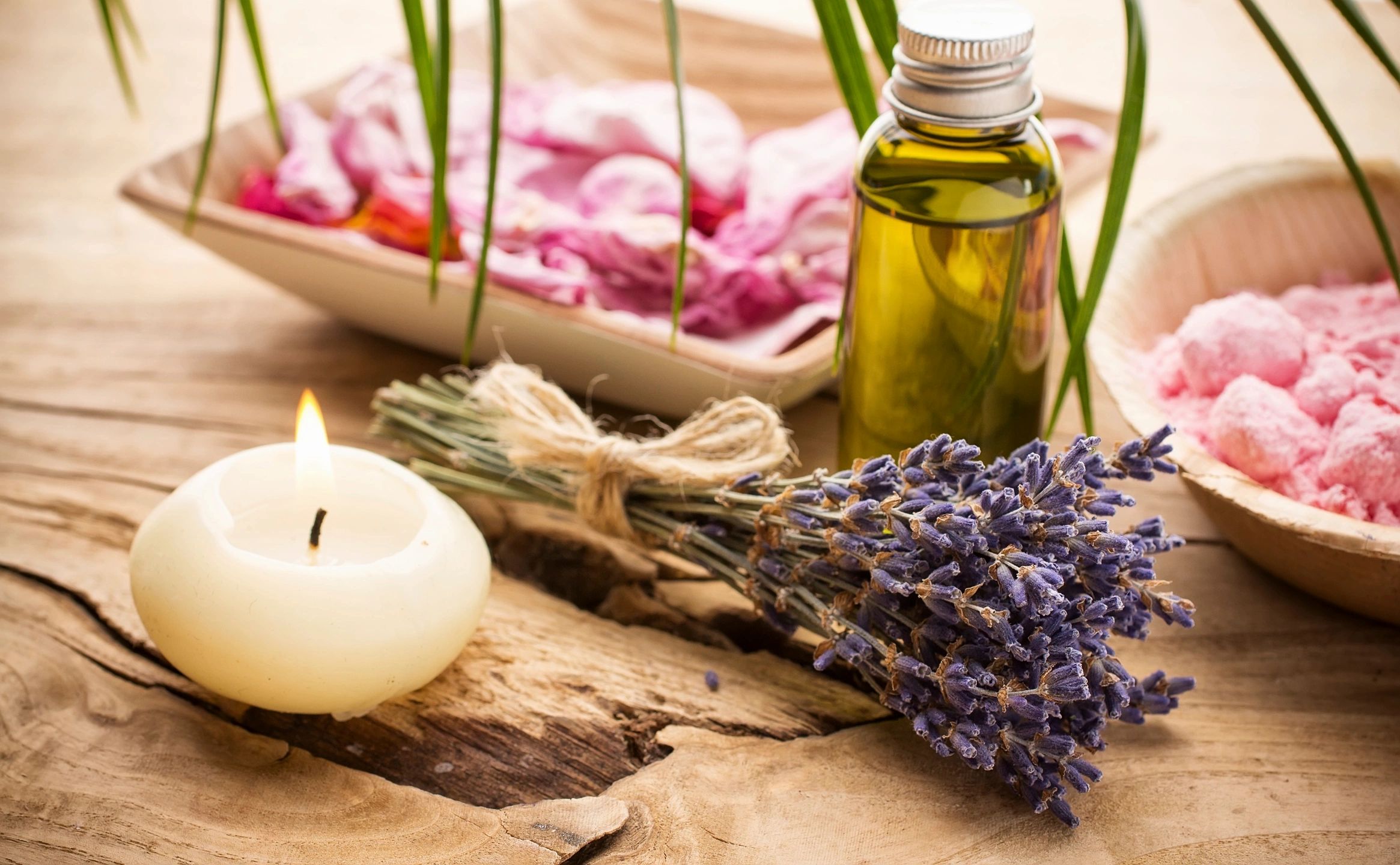It’s hard to believe we are almost at the one-year mark since this pandemic has changed our lives forever. To say that it’s been a challenge for everyone is an understatement whether you were forced to stay home to work or out of a job completely.
For me personally it’s been challenging, being in the beauty and self-care industry, this pandemic has made us change the way we operate and adapt to different situations. As always, client’s safety is always number one priority but with not knowing 100% what we are dealing with makes everyone on edge; not just our clients but myself as an aesthetician. I always want to ensure that my clients feel safe and comfortable while getting treatments.
Since being home, I’ve noticed that my skin has definitely had its ups and downs. Especially in the winter months my skin gets on the drier side, but this time around it’s much drier than I have ever experienced before.
Before I dive any deeper into this, let me break down the difference between having dry skin and having dehydrated skin.

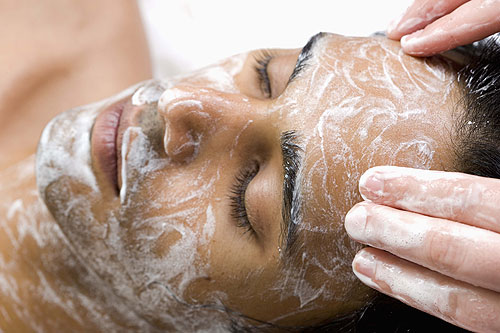
Dry skin is a skin type – Dehydrated skin is a skin concern
Dry skin is a skin type where your skin does not produce enough oils to keep itself balanced. Dry skin can be developed over time and can be treated effectively. Some indications that you may have dry skin on your face specifically (dry skin can also occur on the body) is tightness on your cheeks, flaky skin and sometimes redness. Dry skin can also occur by environmental factors, weather and air quality. Remember even if you have oily skin, you can still have dry skin.
Dehydrated skin is a skin concern where your skin is lacking water; it can feel itchy; your skin can appear dull and unfortunately fine lines and wrinkles appear more prominent. Though dehydrated skin is annoying it can be managed. One of the most important things is to drink enough water, water intake is so essential not just for skin health but overall body health. The second thing is to ensure you are using the proper moisturizer; having the proper moisturizer for your skin type helps to maintain the health of your skin.
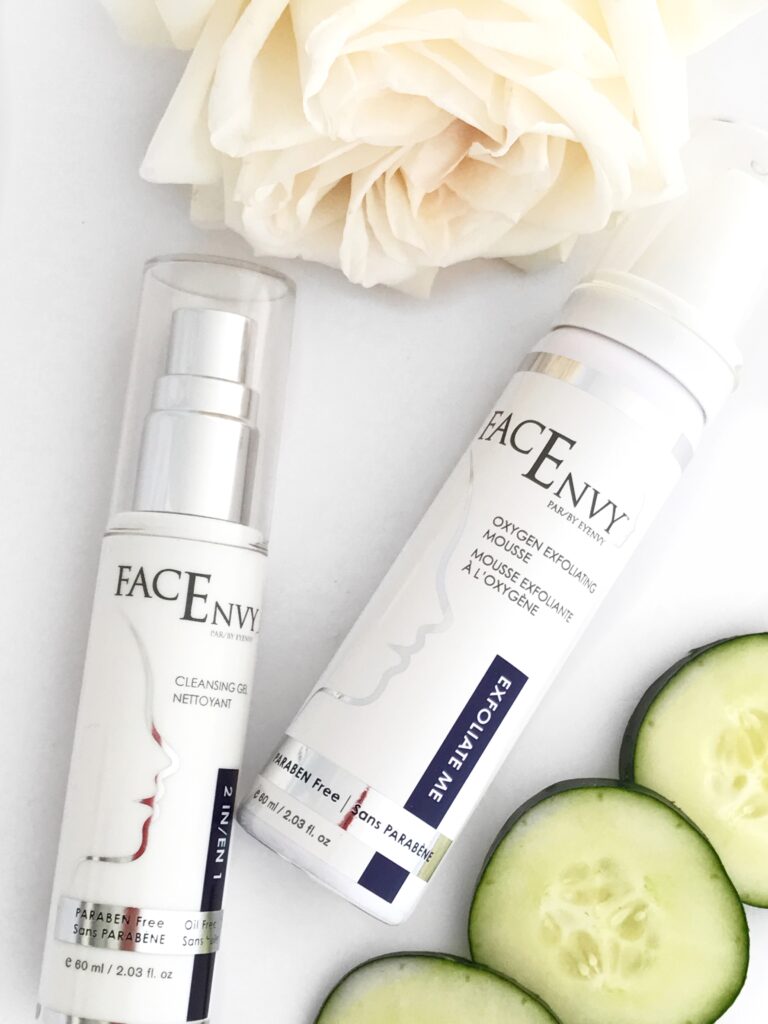
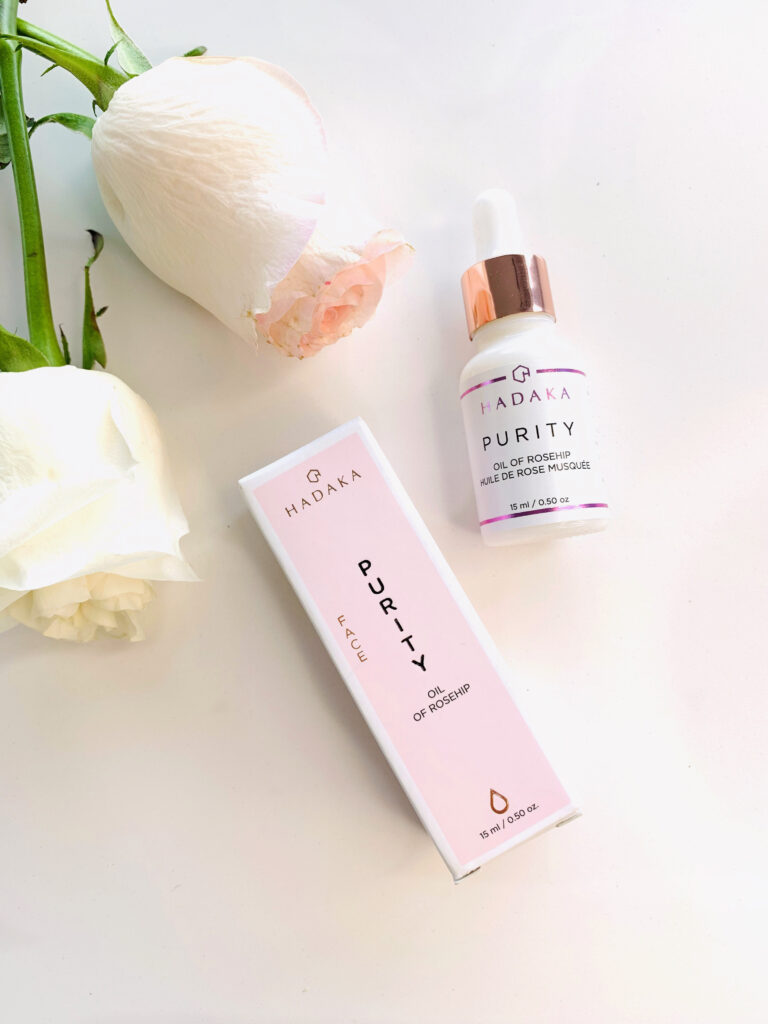
My personal experience with my skin care is determined by the season. In the summer months, my skin is more on the oily side. In the winter months my skin is more on the drier side. There are two things that change for me in the seasons and that is my moisturizer and morning serum. In the summer months, I use a moisturizer for oily skin because I do have combination oily skin; my serum is light and exfoliating as I do tend to break out more in the summer. In the winter months, I use a heavier moisturizer (one that is for sensitive skin as I do not have dry skin all year round and using a moisturizer for dry skin will cause more issues for my skin than doing good) and my morning serum is a hydrating one (hyaluronic acid is a great hydration ingredient despite it being an ‘acid’) and that helps my skin out tremendously.
This winter, this past year actually, my skin has been throwing me curve balls that I can barely keep up. I have been struggling with it if I’m going to be completely transparent, it’s been hard. I know part of the issues I’ve been experiencing is because of my digestion problems which is normal (anything happening within our bodies will show up on our skin, face and body) I’ve been using my products consistently but there are some days where my products will give me that burning sensation (which is normal for me when I use a new product and only lasts seconds) to say that I was getting frustrated is putting it lightly. I’ve experienced days where my skin has been so dry that my skin has started flaking and in places where I’ve never flaked before (around my nose, my under eyes and my jawline) so I’m upping my skin care game and my water intake.
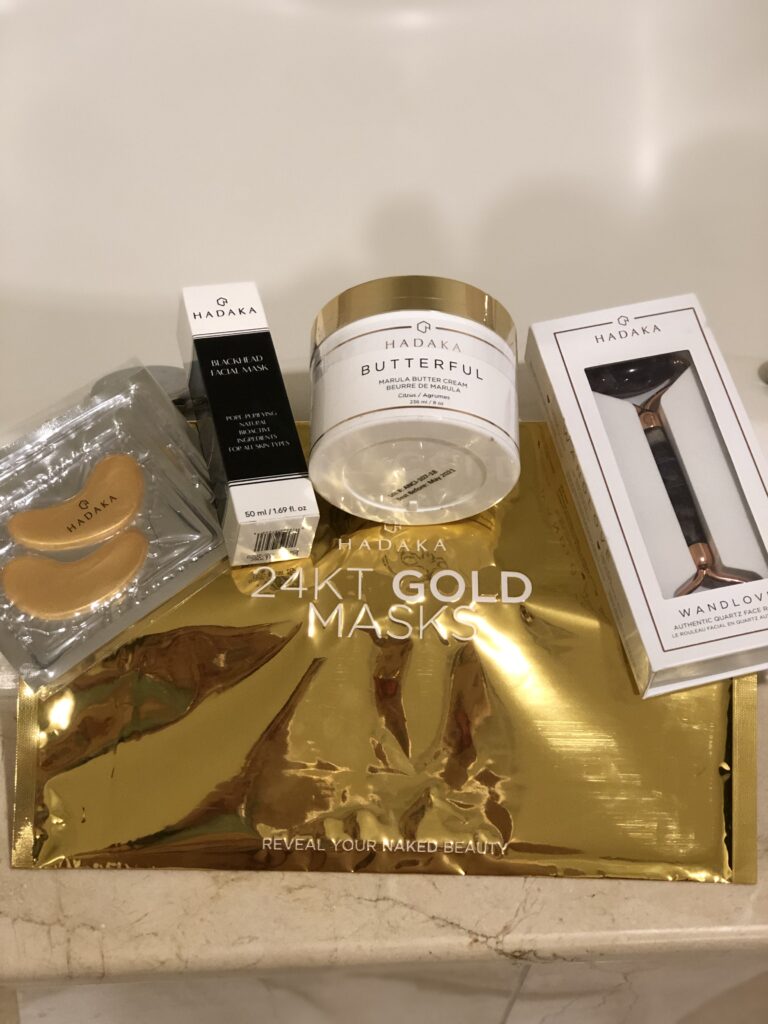
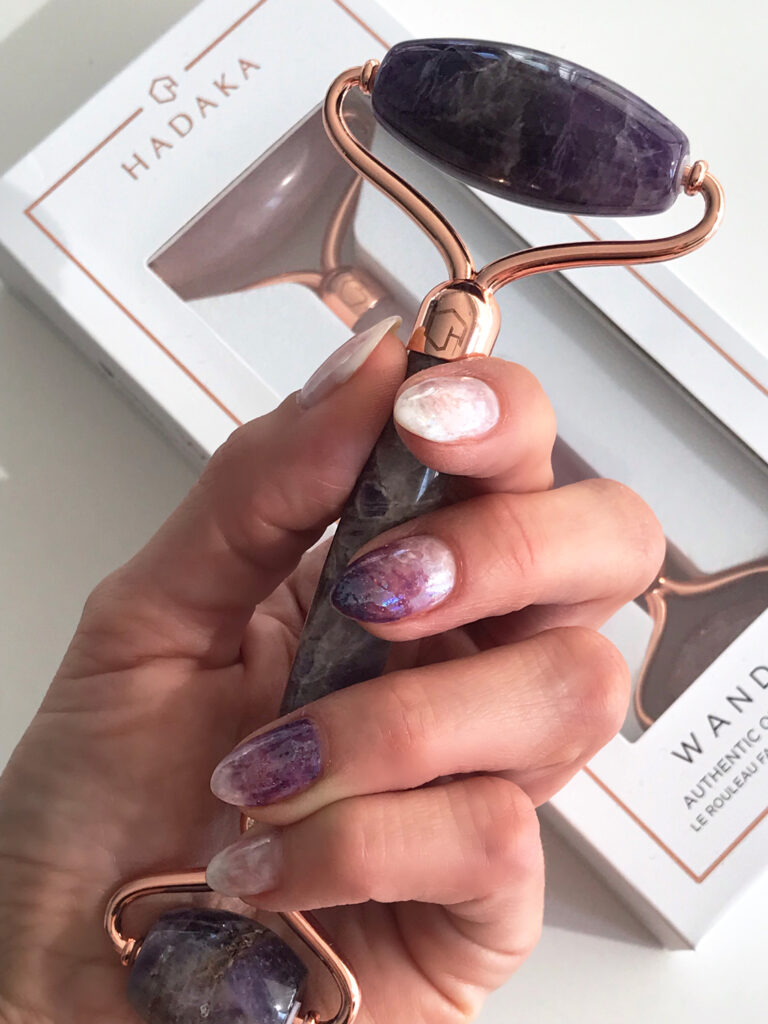
Now you may think, why not do an at home treatment or masks? It’s definitely an option but I have to be careful what I use because using the right products but at the wrong time can cause more problems than provide optimum solutions. If I’m going to do anything at this time it’ll be hydrating masks, lymphatic massage, moisturizing and drinking water. If you’re going through what I’m going through, take my advice into consideration. A few things I will not recommend is doing any deep peels of any kind (it’ll dry your skin out more) don’t change your moisturizer without consulting your skin care specialist, don’t add new products to your skin care routine without knowing what the benefits are and if it’s actually suited for you.
Remember – rule number one of intentional skin care: every product in your routine should have a purpose.
Do you struggle with dryness and overall health of your skin? Need some professional advice?
Drop a comment, find me on social, or send me an email – I’d be happy to help. I’m always here.
